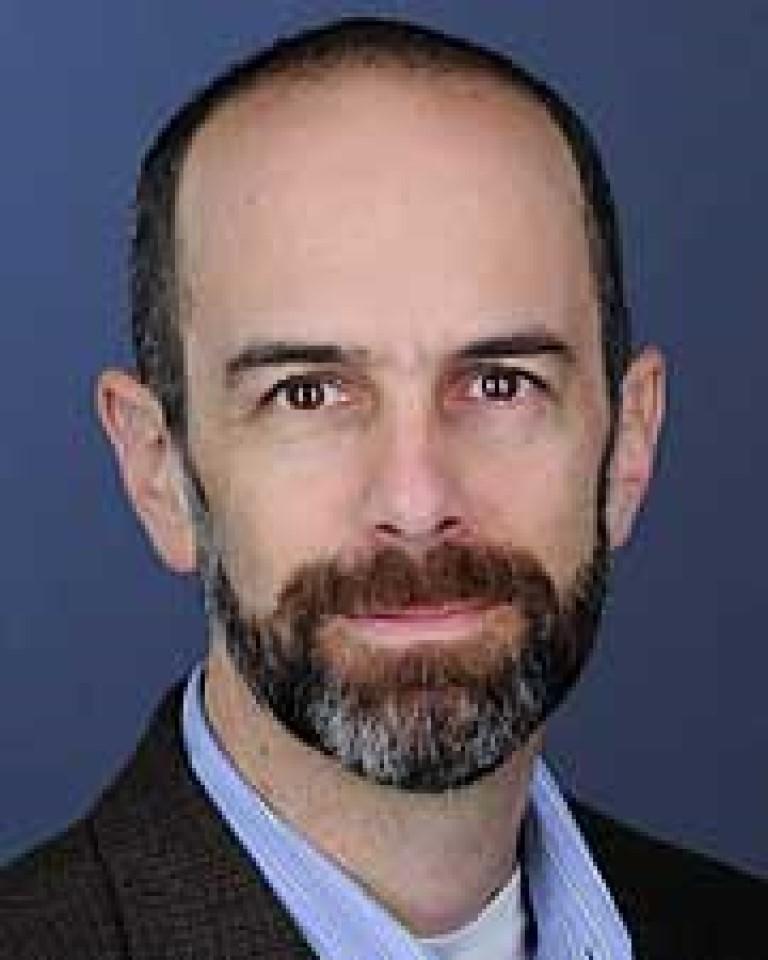Omri Gillath

MENTOR SPOTLIGHT | NOVEMBER 2020
Department: Psychology
Describe your research/creative scholarship in a few sentences that we can all understand:
I study close relationships with a focus on attachment, caregiving, and sexual behavior. I examine prosocial motivation and behavior (compassion and altruism); affiliation, social networks and friendship processes, using various methodologies such as physiological and neurological measures (brain imaging, genetic mapping), priming, and self-reports.
Q: How did you first get interested in doing research or creative work?
A: As an undergrad, I wanted to better understand why people do what they do—and how can you study that. I started working in a lab focusing on stress and coping.
Q: What do students in your discipline learn by doing research that they wouldn’t learn by just taking classes?
A: They learn first-hand how studies are being done (get a glimpse under the hood), what kind of issues researchers have to deal with and how to resolve them, how to operationalize theoretical questions, how to design and carry out studies, how to prepare data for analysis, and how to analyze them.
Q: What do you find to be the most exciting part of doing research or creative work? What makes this line of work meaningful and interesting to you?
A: The ability to find answers to questions that I and many other people find interesting and important, and the ability to make a difference using my work. Close relationships are at the heart of human behavior; my ability to understand, predict, and potentially improve them is what’s driving me.
Q: What advice do you have for undergraduates interested in doing research in your field?
A: Don’t be shy, go out and get as much hands-on experience as you can. Research is fun—don’t let others have all of it.
Q: For many students, doing research or a larger creative project is the first time they have done work that routinely involves setbacks and the need to troubleshoot problems. Can you tell us about a time that your research didn’t go as expected? Or about any tricks or habits that you’ve developed to help you stay resilient in the face of obstacles?
A: Research is not the clean endeavor that you read about in the journal articles, where we only see the end result. But this is part of the fun. The hard part for me is when I’m excited about my paper and it gets rejected; this is when you need to develop a thick skin and learn to move on—this is not about you—it’s about research (not personal).
Q: How do you spend your time outside of work?
A: With my wife and two kids, biking with friends, and playing online games on my phone.